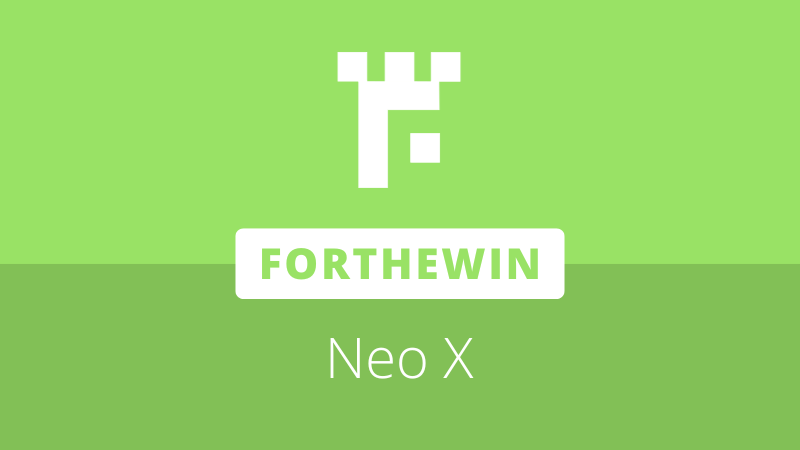Category: Forex News
The new $5bn world of liquid restaking on Ethereum offers extra yields and extra risks – DL News
- Liquid restaking protocols, like Swell, aim to boost yield on staked Ether by restaking user deposits across a basket of EigenLayer-based protocols.
- Assessing the risks and rewards of those protocols remains challenging because of the uncertainties regarding token rewards and fee generation.
EigenLayer has quickly become the second-largest protocol on the Ethereum blockchain as investors have rushed in, hoping to earn a handsome annual yield after its full launch later this year.
For another set of protocols that funnel money into EigenLayer — so-called liquid restaking protocols, which cumulatively held about $5.3 billion in crypto Tuesday — figuring out how to protect that money is a bit of a guessing game.
“The restaking space is very new,” Abishek Kannan, head of research at liquid restaking protocol Swell, told DL News. “There isn’t a ton of information out right now.”
Swell tapped crypto risk-management firm Gauntlet to devise a high-level rubric for distributing users’ deposits across the many protocols that developers are building atop EigenLayer, known as “actively validates services,” or AVSs.
Stay ahead of the game with our weekly newsletters
In short: Swell should redirect users’ crypto only to those protocols whose guaranteed payout exceeds the crypto they stand to lose if things go awry.
The problem? That payout is largely a mystery, Kannan said.
How restaking works
Ethereum is a proof-of-stake blockchain, meaning its security comes from locked up, or staked, Ether. The more Ether staked, the higher the cost of trying to seize control of Ethereum.
To encourage staking, a portion of all newly issued Ether goes to stakers, or people who lock up their Ether to secure Ethereum. As of Tuesday, the annual yield on staked Ether was just under 4%.
Join the community to get our latest stories and updates
But that yield is expected to drop as more people stake their Ether. Furthermore, yields are often higher elsewhere in the world of decentralised finance.
To address that opportunity cost, developers created liquid staking protocols, like Lido, which stake Ether on users’ behalf and issue so-called liquid staking tokens — tokens that function like stablecoins pegged to, and redeemable for, Ether rather than for US dollars.
Founded by a professor at the University of Washington, EigenLayer takes this a step further by using Ether and liquid staking tokens to simultaneously secure Ethereum and protocols — like bridges or rollups — that would otherwise need to run on custom-built sblockchains.
This process is called restaking and makes it far easier to launch new protocols, or AVSs.
EigenLayer could unlock “100x faster innovation” on Ethereum, Ali Yahya, a general partner at venture capital firm Andreessen Horowitz, said last month after announcing a $100 million investment in the protocol’s developer, Eigen Labs. “The implications of this are profound.”
Like vanilla staking, restaking promises to pay a yield on investors’ deposits. That yield will come in the form of tokens issued by AVSs as well as a percent of the fees they collect, according to Kannan.
Like vanilla staking, restakers face a decision: lock away Ether and collect staking and restaking yield that could top 10% annually or pursue other opportunities elsewhere in DeFi.
Like Lido, liquid restaking protocols such as Swell let users have both by issuing IOUs for restaked Ether. Swell’s liquid restaking token, rswETH, is designed to increase in value relative to Ether as a user’s staking and restaking rewards accrue.
But it’s a risky business. Swell and its competitors will have to pick and choose the AVSs that can use depositors’ crypto, a process akin to portfolio management given AVSs’ varying risk profiles and prospects for success.
“Before everybody had access to only one stock, which was Ethereum staking,” Kannan said. “But now it’s like, everyone gets to go and not only pick this one stock, but also pick all these other stocks to invest into.”
‘None of them want to talk about their token’
Liquid restaking protocols that redirect money indiscriminately could, of course, end up losing money on their users’ behalf, and many have pledged to take the utmost care in selecting a portfolio of AVSs.
But getting a head start has proven difficult, Kannan said.
While Gauntlet proposed a straightforward rule — fee generation minus the maximum amount the AVS could lose over a two-week period — the actual values won’t be known for some time.
That’s because AVSs are expected to pay restakers in their own tokens, as well as any fees they collect in the form of Ether.
“We’ve tried to get this information out of [AVSs],” Kannan said of AVS-issued tokens. “None of them want to talk about their token, but most likely, most of them will have a token.”
Fees are even harder to predict.
“Ultimately for an AVS to be sustainable, not 100% of its reward should come from its token,” Kannan said. “A large proportion, in our opinion, should come from the actual fees that are generated by the AVS itself and the service that it provides.”
The first AVS, Eigen Labs’ EigenDA, will launch in the first half of 2024. Third-party AVSs are expected sometime in the second half of the year.
“We believe there are a couple that are most likely surefire winners, like the likes of AltLayer, EigenDA, the really big ones — we expect everyone to be restaking into these AVSs. And so we see these bigger ones as being the base of our strategy,” Kannan said.
Swell believes those larger AVSs will each add an additional 1% annual yield to its liquid restaking token rswETH.
Beyond risk analysis, there are two general approaches to selecting a portfolio of AVSs: the “S&P 500 approach, where you buy a little bit of everything,” and a more selective one, Kannan said.
Either way, it will be an ongoing process.
“The lift to launch an AVS seems so low that this process of AVS evaluation will most likely be a continuous one, with some level of churn as new AVSs come up,” Kannan said.
Aleks Gilbert is a DeFi correspondent for DL News based in New York. Have a tip? Contact Aleks at aleks@dlnews.com.
Source link
Discover more from BIPNs
Subscribe to get the latest posts sent to your email.
Written by : Editorial team of BIPNs
Main team of content of bipns.com. Any type of content should be approved by us.
Share this article:
Discover more from BIPNs
Subscribe to get the latest posts sent to your email.

:quality(70)/cloudfront-eu-central-1.images.arcpublishing.com/dlnews/SF5A2RP46FA33OOG6QT3U2EN7E.jpg)









